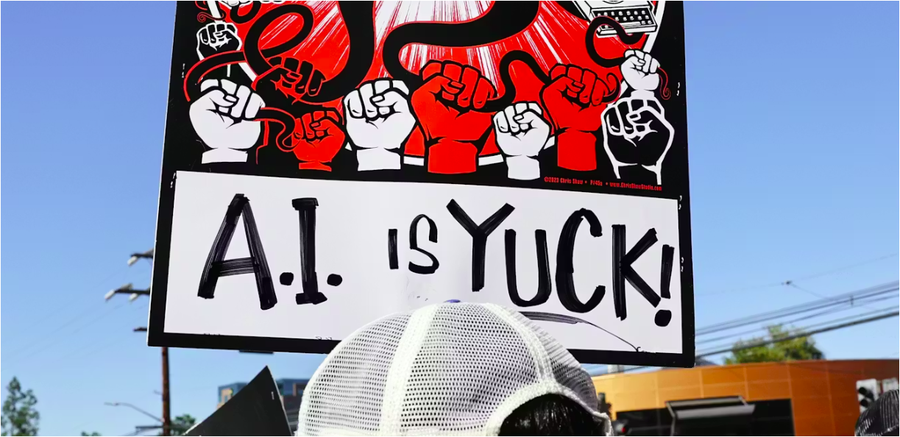
As artificial intelligence (AI) permeates our lives — from work to school to art to the way we talk to each other — a group of young people are simply saying, “No, thank you.” They call themselves “AI vegans,” a new movement that chooses not to use any text generators, images, or anything else that is created by AI. So, a kind of “technological veganism,” but for the world of AI.
Just as veganism has its own ethical principles, "AI veganism" relies on the same logic: do no harm.
1. Ethics and “creative theft”: Many young people believe that chatbots are trained on material created by real artists, writers, and professionals, often without permission. To them, this is a form of theft and a betrayal of all the years of work and effort that people have invested in their craft.
2. High environmental cost: Recent studies show that even a short conversation with a chatbot can consume a lot of water and energy. For an increasingly environmentally conscious generation, this is a serious alarm.
3. Risk to our mind and memory: There is a fear that excessive use of AI could reduce our ability to think, concentrate, and learn.
4. “The chatbot that always says yes”: Another concern is the way chatbots often give users the feeling that their every thought is correct. This, according to “AI vegans,” can create a false reality and reinforce misconceptions.
According to them, artificial intelligence can only be fairer if:
- Trains with licensed and ethical materials
- Respects copyrights
- Uses standards that do not exploit low-paid workers
- Restricted to minors and educational settings





